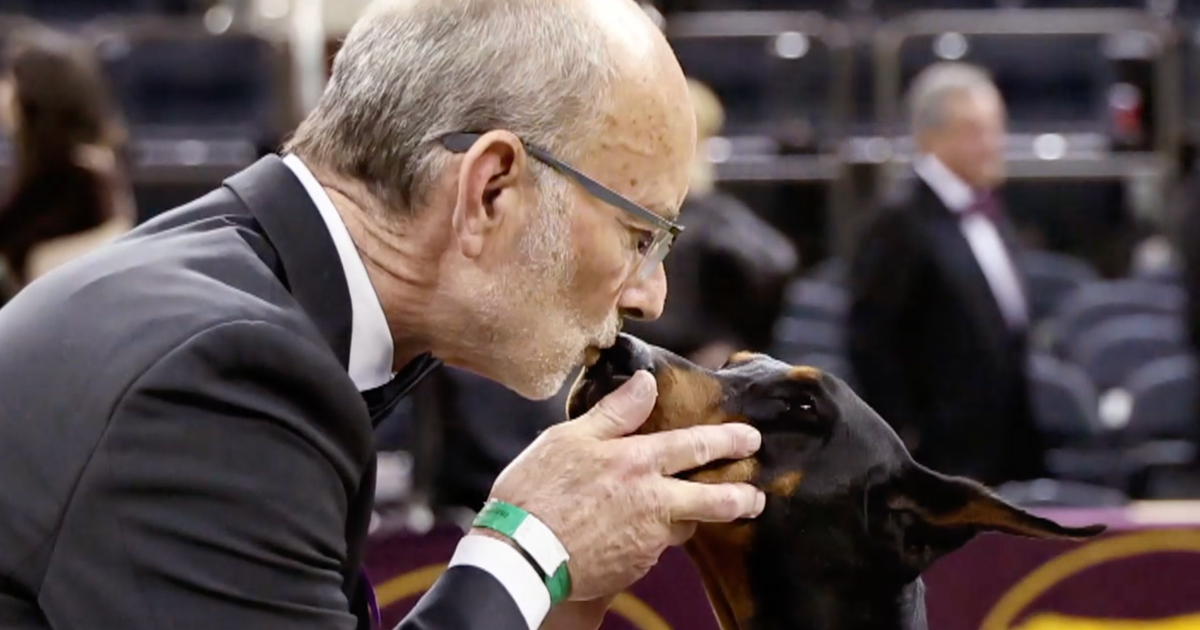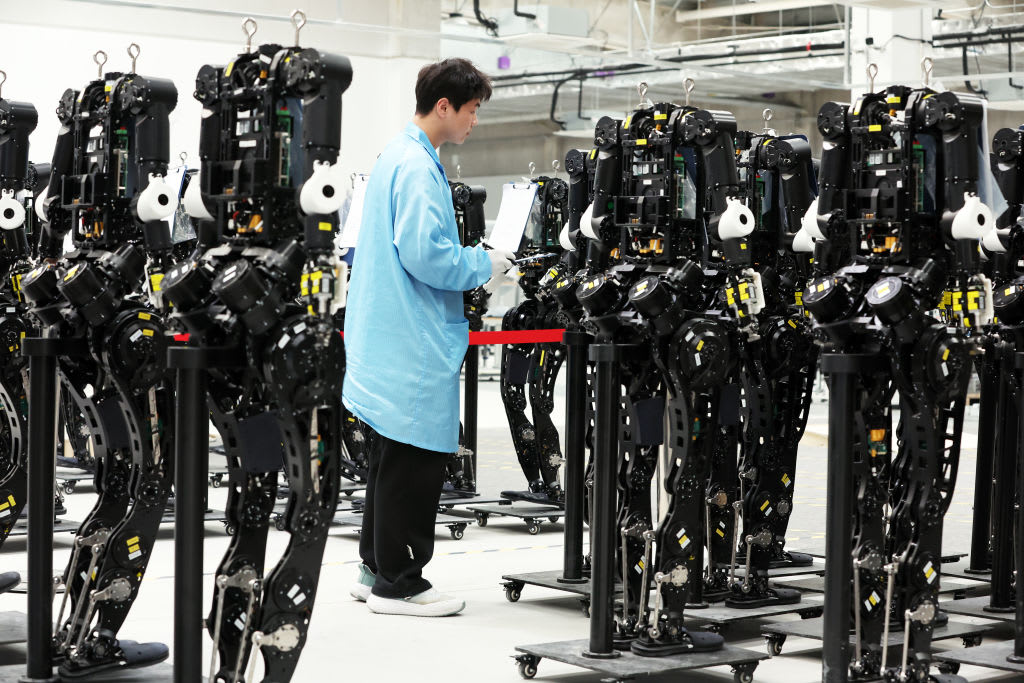Inside Silicon Valley's surprising push to help people unplug
Google publicly admitted a year ago that its customers wanted to spend less time on their phones – less time scrolling, screening and shopping – but couldn't do it on their own. So the company took the surprising step of rolling out new tools to make it happen.
Technology to help you use technology less? Or, as Google's LaToya Drake put it: "technology helping you use technology smartly."
Google offers options ranging from a "shush" feature that puts your phone in do not disturb mode to a wind-down mode designed to help you fall asleep at night. But the Silicon Valley giant is just one of a number of tech companies that have given users the power to unplug from their own devices.
Apple unveiled similar features through Screen Time last June and there are companies like Thrive Global, a wellness venture created by Arianna Huffington. Its Thrive Away app is available to Android users.
"Technology is a fantastic tool and a terrible master," said Thrive Global's chief brand officer Danny Shea. "And in about 12 years of living with mobile phones, we have to learn a new way."
Shea said one of Thrive's most viral blog posts actually came from Google's chief business officer Philip Schindler, who shared an experience about returning home from a work trip.
"He said, 'Okay, kids, I want to take you to the playground.' And they said, 'Can't the babysitter take us?' And he was like, 'Why do you want the babysitter to take you?' It's like, 'Well, when you come with us, you're always on your phone.' That was a huge wake-up call for him," Shea said. "But it really relates to every single one of us."
Cal Newport told us he's never had a social media account.
"I spend long amounts of time without my phone nearby. I, for the most part, don't use the internet for entertainment. I don't web surf," he said.
It may seem hard to believe but Newport actually teaches computer science at Georgetown University. This year he released the book, "Digital Minimalism." He said for more than a decade we've been techno-maximalists seeking out any app or service that provides us a benefit, no matter the cost.
"If we go back, let's say, to the iPhone, the original idea there was two-fold -- one to integrate an iPod into a phone so you didn't have to carry around two devices, and two, to make both of those experiences better," Newport said.
"Steve Jobs was not thinking about a future in which we would constantly be looking down. That actually came later, and for purposes that didn't necessarily have our best interest in mind," he said. "The social media companies in particular innovated. What they thought about is, 'How do we get people to compulsively look at the screen?'"
Newport says the online experience was re-engineered to exploit the psychological behavior known as intermittent reinforcement, a technique popularized by casinos.
"If you're getting social approval indicators sometimes, and then sometimes you hit on this app and they're not there, there's no new likes, your brain says, 'We have to keep checking. There could be more next time.' And this is exactly the effect you get pulling the slot machine lever," Newport said.
Meaning, social media companies are largely responsible for what we call "FOMO," or fear of missing out. That idea made Google rethink the mobile experience. They came up with a new spin on FOMO: JOMO -- the joy of missing out.
"We talked to a lot of consumers. Really studied, listened to them, and tried to understand their habits and what they actually needed," Google's LaToya Drake said. "We started to think: what if there's a joy of missing out? And that's what led us to the phrase and also led us to really develop our technology in a way that we hope people experience joy from disconnecting and going out and living their lives."
For its part, Facebook has made changes, like an altered newsfeed focusing on personal interactions, and a plan to eliminate visible likes on Instagram. Louise Matsakis is a staff writer at wired.
"They're balancing two priorities, right? They're balancing getting you to see as many ads as possible with not upsetting you enough that you won't want to come back here. And I think that balance is always going to be not serving you, the user," said Louise Matsakis, a staff writer at Wired.
There may be no better example of this shift in philosophy than Apple CEO Tim Cook, who recently said he's "gutted" the number of notifications he gets.
"I really asked myself, do I really need to be getting thousands of notifications a day?"



